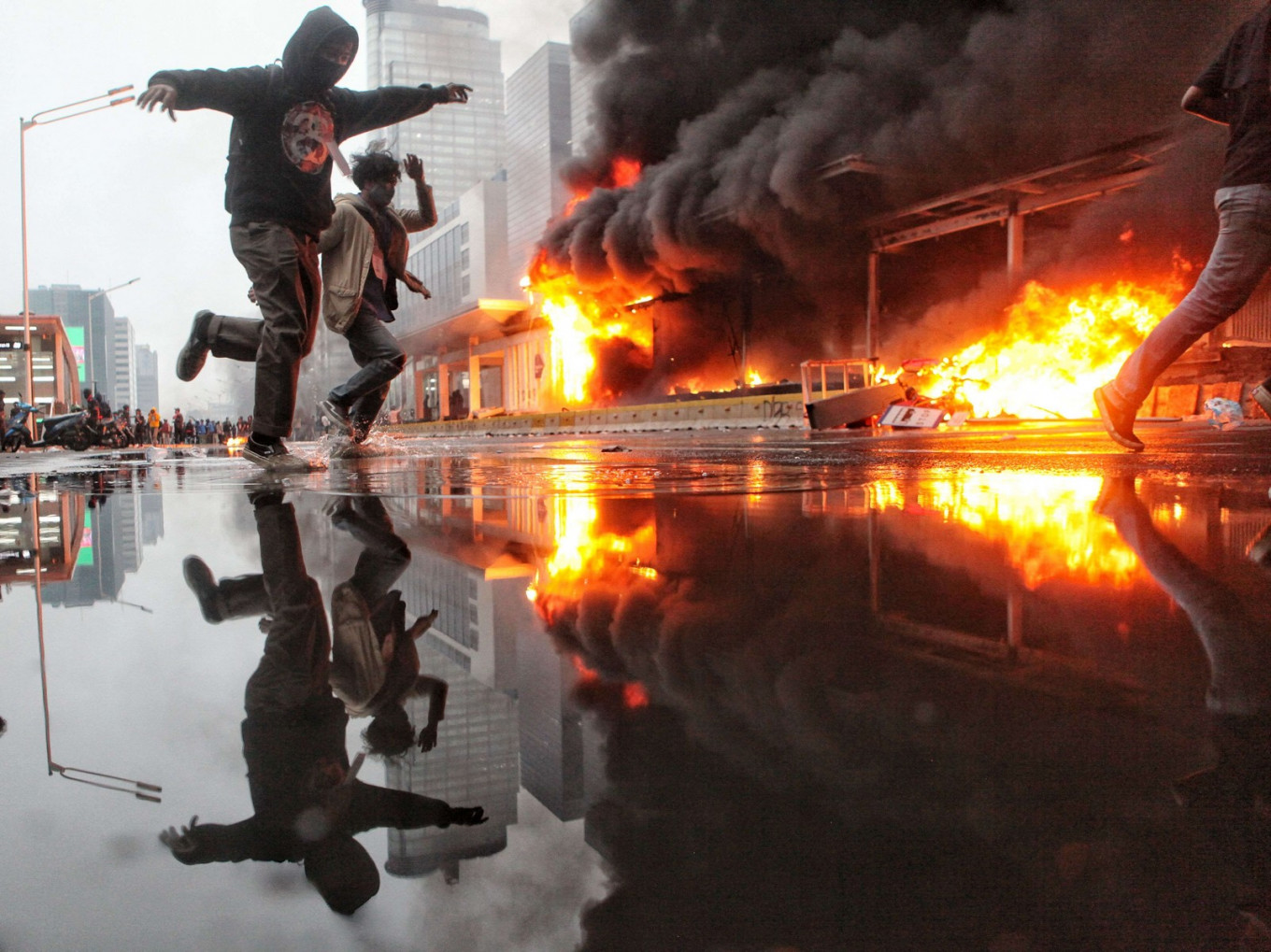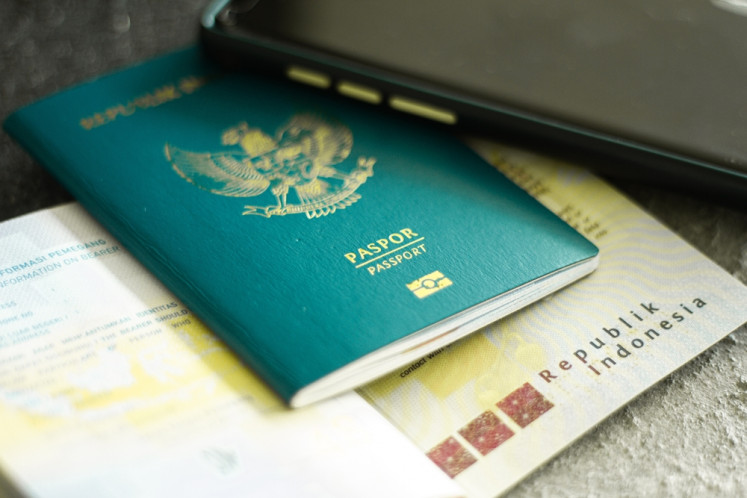RI expresses hope democracy will thrive
Change Size

I
n the midst of what has been called a global “democratic recession” exacerbated by the COVID-19 outbreak, Indonesia has expressed hope that democracy will continue to thrive in a post-pandemic world at the opening of a global forum in Bali.
The 13th Bali Democracy Forum was held in Nusa Dua, Bali, with 44 delegates from 26 countries and three international organizations, as well as some 500 additional delegates from 69 countries attending virtually.
Organizers prepared a part-online, part-offline format for the discussions.
Foreign Minister Retno Marsudi opened Thursday’s event, which invited governments and international organizations to candidly share how democracy was practiced in their respective countries.
Not only was COVID-19 a threat to public health and the economy, Retno said in her remarks, it was also a test of democracy and democratic values.
“In the past few years, surveys and studies have shown that democracy is in ‘recession’ […] Today’s pandemic could create even more challenges,” she said.
The global average of the Economist Intelligence Unit's (EIU) annual democracy index is at its lowest point since 2006, and Freedom House noted in a 2020 report that democracy had been in decline for the last 14 years.
A report published on Wednesday by the International IDEA democracy institute found that more countries were experiencing democratic erosion and deepening autocratic tendencies than at any other time since the democratic push of the 1970s.
The report found that from March onward, some 59 percent of the world’s countries had declared a national state of emergency, which enabled them to take drastic measures to fight the pandemic.
Unfortunately, many of these measures included limits to basic civil liberties, such as the freedom of assembly and movement, as well as in some cases the postponement of elections.
“Some may say the many restrictions applied during the pandemic […] are a contest to individual freedom. They are not. These temporary restrictions are necessary, and they should be properly safeguarded to prevent any potential risk of curtailing basic freedoms and suppressing the voice of dissent in society,” Retno said.
She cited the 2020 Democratic Perception Index by Berlin-based Dalia Research, which showed that 78 percent of people in the world believed that democracy was important to have in their respective countries.
“The pandemic should never make our commitment to democracy waver, just as much as democracy shouldn’t hamper our efforts to effectively address the pandemic,” she said.
Critics have suggested that the pandemic has enabled certain leaders to expand their power at the expense of civil liberties, including by declaring states of emergency.
International IDEA’s Global Monitor of COVID-19’s Impact on Democracy and Human Rights report found that 61 percent of countries in the world had, by the end of November, implemented measures to curb COVID-19 that were concerning from a democracy and human rights perspective.
“These violated democratic standards because they were either disproportionate, illegal, indefinite or unnecessary in relation to the health threat,” the report found.
The issues included certain governments’ use of pandemic restrictions as a buffer to pass legislation that would not otherwise have survived legislative or popular scrutiny.
In Indonesia, the report highlighted concerns that lawmakers had used the pandemic to rush through bills with minimal public scrutiny or debate, including the controversial Job Creation Law, which was passed in October.
In a prerecorded statement for the Bali forum, United Nations Secretary-General António Guterres said the pandemic had exposed fragilities in democratic societies.
“We must not let [responses to COVID-19] undermine democratic values, threaten human rights or be used to restrict civic space”.
World Health Organization Director-General Tedros Adhanom Ghebreyesus, who also prepared a statement, said the pandemic was a stern reminder that “public health, economics and politics are deeply intertwined”.
“Lives and livelihoods have been lost and social, political and economic stability has been undermined,” he said.









